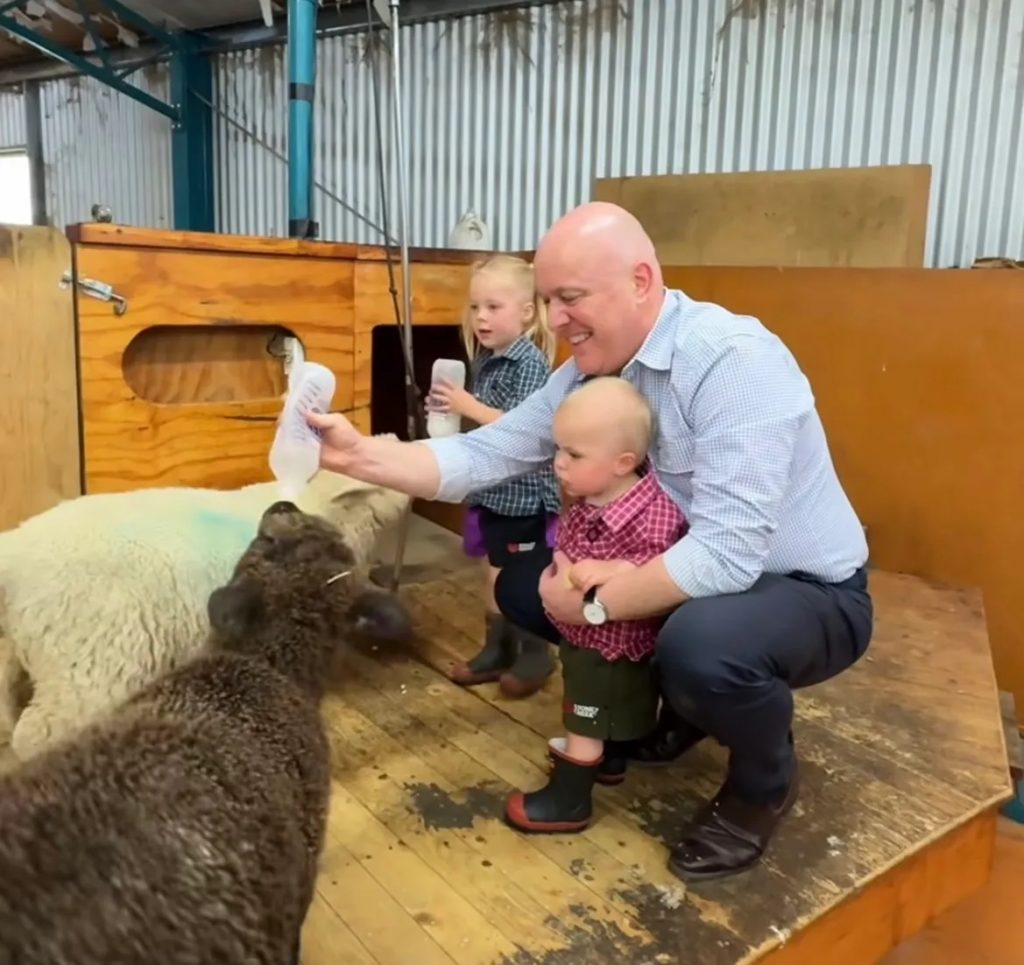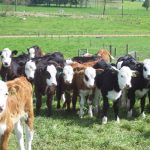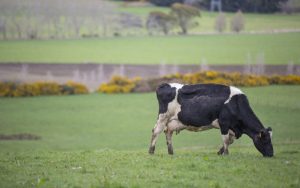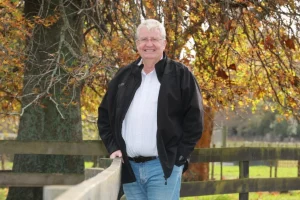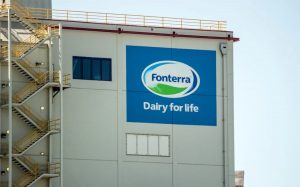
“Agriculture, the rural sector, is our biggest and most important economic driver. You know this, and I think the rest of New Zealand is starting to understand it.”
It was a big 12 hours or so on Wednesday for our farmers, for various reasons. Logan Savory looks at how the day played out and what it might mean.
If you’re a Southland farmer, there’s a fair bit to unpack from Wednesday. Actually, it’s a fair bit for any Southland businesses or town who might be propped up by farming.
Let’s start with the early hours of Wednesday morning with the promising news for our dairy farmers.
Prices continued to rise at the latest Global Dairy Trade auction with a 1.2% increase across the board. It follows a 1.9% increase two weeks ago, and 4.8% a month ago.
The biggest influence on Fonterra’s farmgate milk price is whole milk powder and encouragingly it saw a 4.1% lift.
Dairy co-operative Fonterra – owned by thousands of farmers – will make its quarterly update on Thursday.
An increase to Fonterra’s forecast farmgate milk price is expected.
Last month Fonterra raised its forecast price for the 2024/25 season, to between $9.00 and $10.00 per kgMS, with a midpoint of $9.50 per kgMS.
Many are tipping, or hoping for, that mid-point forecast to increase to $10.
Fonterra’s chief innovation and brand officer Komal Mistry-Mehta was encouraged by the whole milk powder rise at the Global Dairy Trade auction.
“It was a good result overnight and a great result for the New Zealand economy and a great result for our farmers.
“It was really good to see that lift in GDT index,” she told The Country host Jamie Mackay.
Prime Minister’s Waimumu meeting and BBQ…
At midday on Wednesday, the farming focus switched from milk prices to forestry conversions – or more precisely the attempt to limit forestry conversions for carbon farming.
Prime Minister Christopher Luxon and Agriculture and Forestry Minister Todd McClay visited the Southern Field Days site at Waimumu, near Gore, for a meeting and BBQ with farmers.
It was there where rules to limit farm-to-forestry conversions were announced.
Farming groups and rural communities have been raising concerns over the amount of productive farmland being converted into forestry for several years now.
The changes as part of the announcement include:
- A moratorium on exotic forestry registrations for Land Use Classification (LUC) 1-5 actively farmed land
- An annual registration cap of 15,000 hectares for exotic forestry registrations on LUC 6 farmland
- Allowing up to 25% of a farm’s LUC 1-6 land to be planted in forestry for the ETS, ensuring farmers retain flexibility and choice
- The ability for landowners to have their LUC categorisation reassessed at the property level
- Excluding specific categories of Māori-owned land from the restrictions, in line with Treaty obligations, while ensuring pathways for economic development
- Transitional measures for landowners currently in the process of afforestation who can demonstrate an intent to afforest prior to December 4 2024
The changes have been welcomed by many with the hope they will help with the impact on rural communities that have come from reduced stock numbers.
Federated Farmers forestry spokesperson Toby Williams felt New Zealand’s rural communities have been bearing the brunt of “misguided climate change targets”.
He said over 200,000 hectares of productive sheep and beef land have been planted in carbon farming during the last five years alone.
“Alarmingly, we’ve seen sheep numbers in New Zealand fall 4.3% in just the last 12 months, and this comes on the back of decades of reductions.
“We’re seeing schools close, rural bus runs stop, and local clubs fail as jobs are lost from communities across rural New Zealand.
“Planting our rural communities in pine trees simply doesn’t align with the Paris Agreement requirement of achieving low-emission development in a way that doesn’t threaten food production,” Williams said.
Luxon’s message to the farmers at Waimumu: “Agriculture, the rural sector, is our biggest and most important economic driver. You know this, and I think the rest of New Zealand is starting to understand it.”
The wool debate…
While the significant Government announcement played out in Waimumu near Gore it was the ongoing wool debate that attracted the most attention – farming-wise – throughout the rest of the country on Wednesday.
The wool industry has had its struggles. Wool prices have dropped to the point they often don’t cover the cost of shearing for farmers.
It’s a sad situation given wool was once a key revenue generator for farmers.
There’s been an extensive and innovative search for different uses for wool to help grow the market.
On Wednesday the debate resurfaced, regarding if more can be done in New Zealand to support the wool industry.
State housing provider Kāinga Ora has requested proposals from companies to provide carpet and underlay for its homes.
However, the proposal specifically says no wool which has sparked some outrage.
Amongst those disappointed is associate agriculture minister Mark Patterson.
Kāinga Ora owns and maintains more than 75,000 homes throughout the country.
Over the next two years it will add 2650 new homes and renew carpet in a further 3000 homes.
The Government agency has used nylon carpet for more than a decade because of its durability and price. A recent cost analysis showed nylon was 34 percent cheaper than wool, Kāinga Ora stated.
Patterson said it should not be all about cost. While procurement rules haven’t been updated yet the intention is clear from the Coalition Government to prioritise wool fibres.
“Wool is less flammable, it’s anti-allergenic, it’s good for the environment, no micro plastics and its biodegradable so there’s a lot of features of wool that we need to look at. We need to have a more holistic approach,” Patterson said.
Kāinga Ora’s stance has naturally annoyed Federated Farmers as well saying it was “a total slap in the face for struggling Kiwi sheep farmers”.
“It’s incredibly disappointing and shortsighted for Kāinga Ora to not even consider a woollen option for these homes,” Federated Farmers meat & wool chair Toby Williams said.
“What ever happened to the Government commitment to back our farmers and use sustainable woollen products in Government buildings? That’s ringing pretty hollow today.”
You can now read the most important #news on #eDairyNews #Whatsapp channels!!!
🇺🇸 eDairy News INGLÊS: https://whatsapp.com/channel/0029VaKsjzGDTkJyIN6hcP1K
